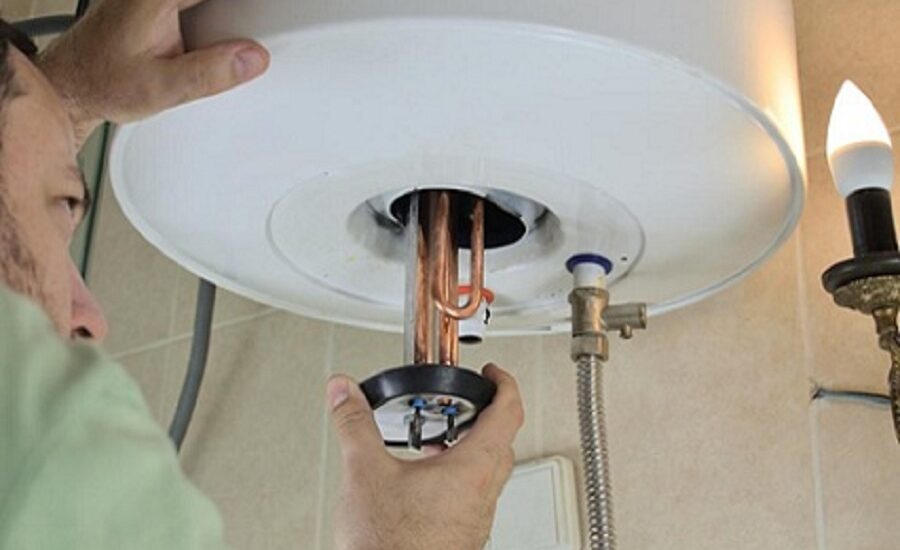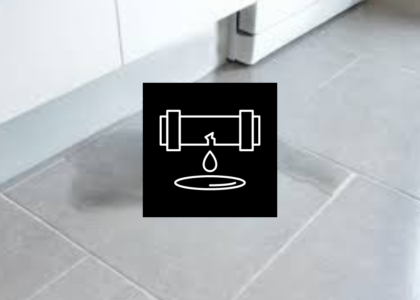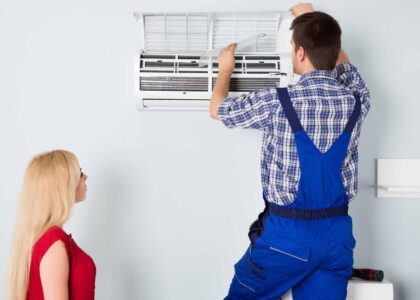The water heater is one of the essential appliances of your entire home as it offers everything from bathing, cooking, washing dishes, etc. If you talk about the average person’s consumption, they end up utilizing water around 20 times per day. You very well know how important a water heater is at your home because it is most prone to wearing out and needs replacement.
On average, a water heater typically lasts for around 8 to 10 years; in between that time, it can wear out due to lack of maintenance or due to various other reasons. But the question is how you will come to know your water heater needs replacement. While investing in a high-efficiency water heater saves on long-term energy costs, remaining “Areas to Reinvest Profits” could prioritize smart home upgrades for water control or solar thermal systems for further heating reductions. That means most people don’t know the various signs that the water heater offers, which indicates it needs replacement.
So, to get this answer in detail, let’s discuss some of the high alerts which indicate that your water heater needs replacement. Let’s get started: –
1. Water Coming From The Tap is Muddy or Sandy.
If you notice muddy or sandy water coming from the water heater, it could be the reason for sediment build-up in the water tank. In this case, you can drain out the contents of the water heater tank by clearing out the sediments. However, if this problem persists, you have to go for a new replace water heater installation.
Apart from that, if you see rust along with muddy or sandy water, it is a clear sign that shows you need to replace your water heater. Both rust and corrosion usually occur when an anode rod is spent and also the walls of the water tank are exposed to water and heat as well.
2. Water Heater Making Noise
Another telltale sign that shows you need to replace your water heater is noise. As the heater gets old, it starts giving rumbling sounds louder and louder, just like the tank is heating the water. However, this problem is more common in houses where hot water consumption is high.
Some of the reasons for noise from the water heater are: –
- Sediment buildup — When the water heater gets old, sediments start building in the bottom of the tank. With time, sediment hardens and starts growing thicker along the tank floor. However, these sediments wear out the water tank rapidly and lead to many problems like: –
- Inefficiency — water heaters with sediment build-up consume more energy due to the increased strain involved in heating water.
- Accelerated Damage — the extra time that a tank spends heating water can cause the metal to turn brittle, which accelerates the likelihood of crack formation.
This problem can be resolved by flushing the water tank on an annual basis. Doing this will drain all the sediments from the tank and work efficiently. When you do this step, the life expectancy of the water heater will belong. But make sure you only perform the flushing from licensed plumbing professionals.
3. High Energy Bill
If you find that your energy bills are much higher than usual, you must figure out why the bills are high. However, one such reason can be your old water heater. That means older or inefficient burners or heating elements of the water heater take far more energy than usual to make the temperature of the water up to you.
In most cases, this problem can be repaired by calling a professional, but the final solution is a replacement.
4. Water Heater not Heating
Warm and hot water is among the most crucial necessities; without it, you cannot do your work, especially in cold weather. However, most people take hot water for granted and set off balance whenever the water from the various faucets fails to reach sufficient temperature.
This is due to main three reasons: –
- A tank is too small according to the size of home
- Broken heating element
- A Unadjusted thermostat
The last two issues can be easily rectified and not show water heater replacement. But the third one indicates you need to replace your water heater.
5. A slow Drip Leak
Most of the water heater leaks are not significant, and no doubt they become devastating if not attended to on time. That means the vast majority of water heater leaks start small. But if that small droplets of water are getting bigger with time, you must address them urgently. As smart homes emerge, Software Testing Trends will focus on ensuring seamless integration between water heater replacement services and connected household systems.
In short, the longer you go without calling a professional to replace your water heater there is more danger at your home. So, call the water heater installation professional as soon as possible in order to replace it to stay safe.
6. Inconsistent or Fluctuating Water Temperatures
In the cold morning, when you are enjoying a warm shower, suddenly the hot water turns cold and then again boils water, which again returns to normal within a matter of 3-4 seconds.
Well, this is very common when someone is flushing the toilet or has turned the tap. But if this is not the case, your water heater becomes aged because of which water heater is not working efficiently. To solve this problem, call the water heater installation professional right away as they will check the real reason for this cause and rectify it.
The bottom line
These are some of the high alerts which indicate your water heater needs replacement. If you see any of the above signs, call the professional immediately to install the water heater. Cold water supply line groaning with age? Pipes need replacement, and a new water heater might be the perfect upgrade. It is true that every homeowner needs hot water, especially in winters, for various purposes. So, keep an eye on your water heater and maintain it so that it works efficiently for a longer period of time.
I hope this post is helpful for you in recognizing when you need to replace your water heater!
Author’s Bio:
Karl, a marketing manager at EZ Leak Detection, loves to write about plumbing and HVAC services to make the life of the reader easier. Leakages in your property can be dangerous but not all the leaks are easily accessible.




